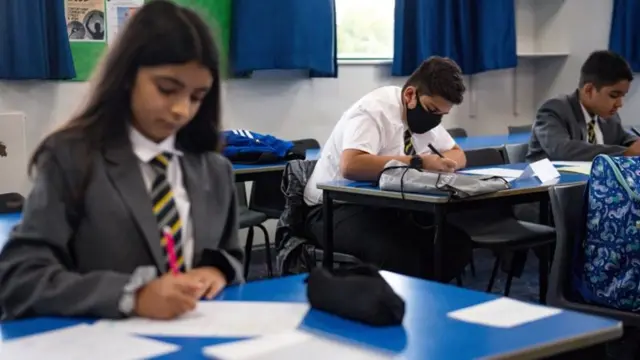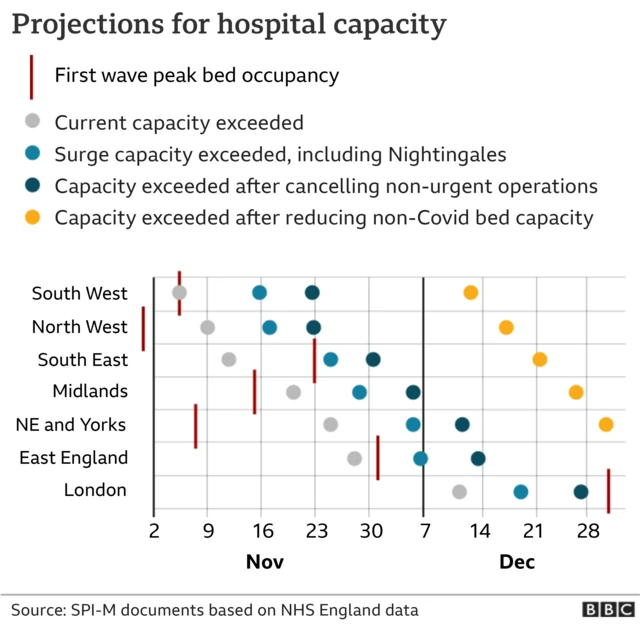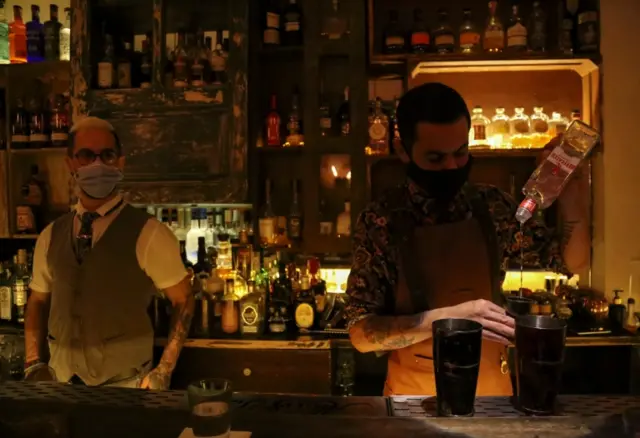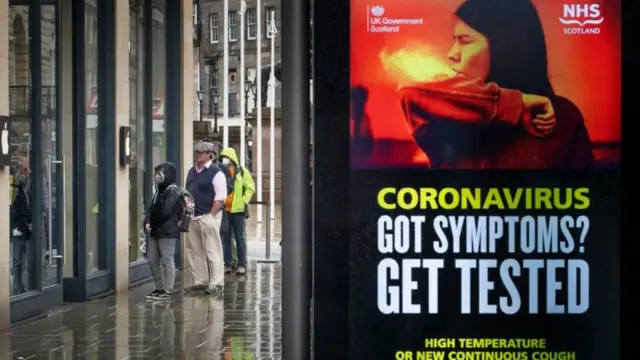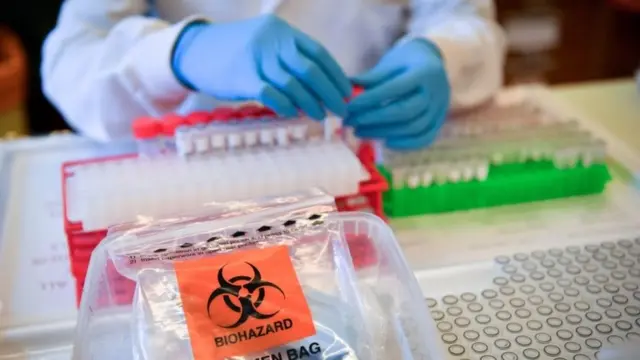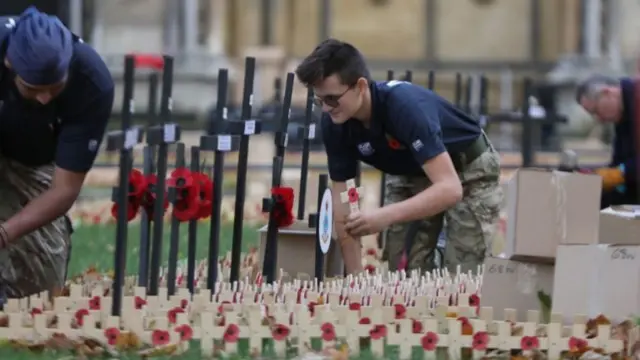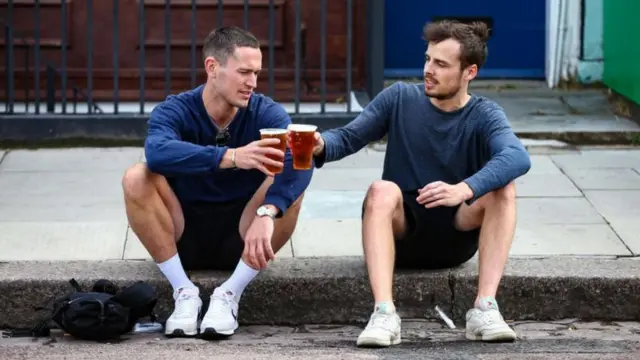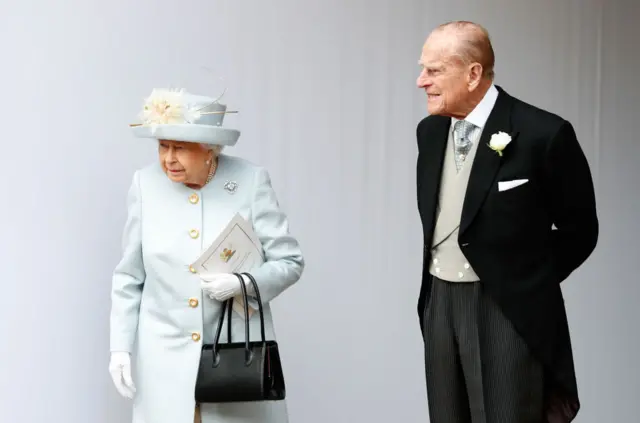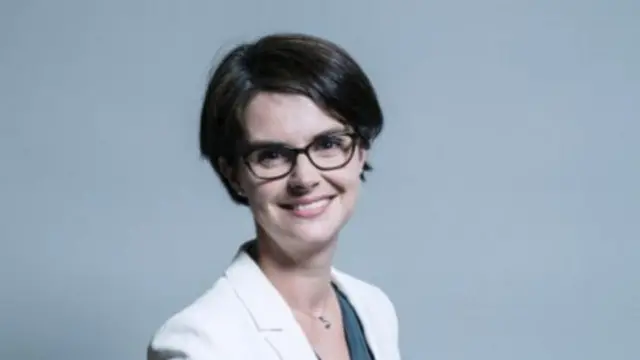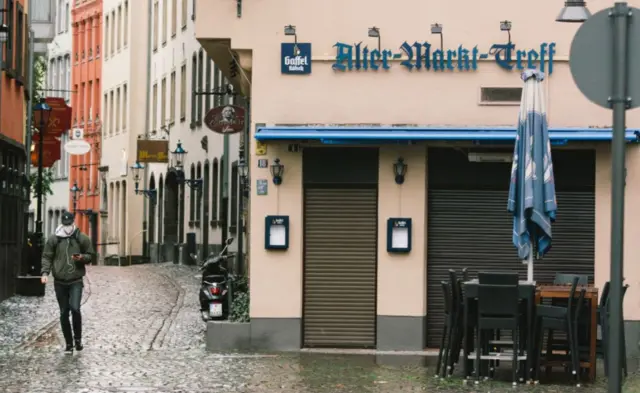Regional approach 'didn't work', says UK ministerpublished at 15:31 GMT 2 November 2020
Environment Secretary George Eustice has admitted that the government’s regional approach to coronavirus, with different areas being placed in different tiers of restrictions, “didn’t work”.
Speaking on BBC Radio 4’s World at One shortly before th PM addresses MPs, he said: “Well that didn’t work with hindsight, but I think it was worth trying given that we know the extraordinary cost and difficulty of implementing a full lockdown.
“I think the point about this is two weeks ago when we had the levels of infection that we had with particular pockets in parts of the country that had a particularly specific problem, this regionalised approach with those tiers was the right thing to do.”
He said data on infection rates "enabled us to see for the first time that if we carried on in the way that we were, we would simply find that in a month’s time, everybody would be in a same sort of position as the North West.”
